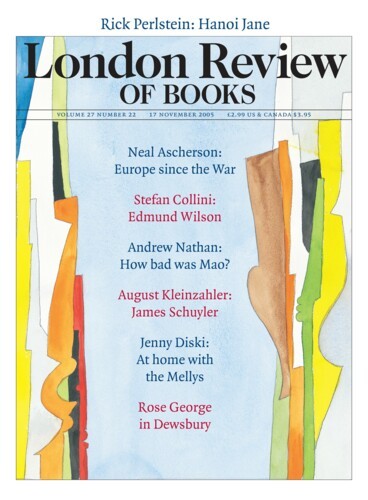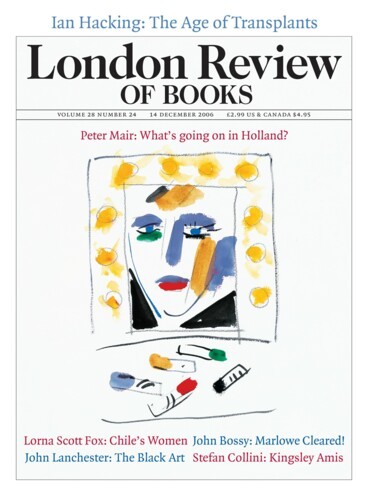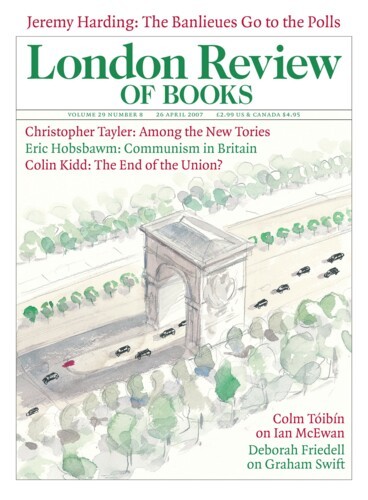Since the rise of Scottish Nationalism in the 1970s various prophets have foretold the imminent break-up of Britain. All too often, however, the signs and portents seem to have misled political seers – nationalist dreamers and unionist Cassandras alike apparently confounded by their own predictions. It is easy to discount unfulfilled prophecies, to become inured to pundits crying wolf; but the credibility of the Nationalists with the Scottish electorate has proved more resilient than the credibility of the commentators, and Britain – no longer underpinned in Scotland by loyalty to the ideal of a United Kingdom – remains fragile. Recent history may well be an unreliable guide in these matters, however: so far, at least, each looming crisis has been played out as farce.
Since the rise of Scottish Nationalism in the 1970s various prophets have foretold the imminent break-up of Britain. All too often, however, the signs and portents seem to have misled political...





